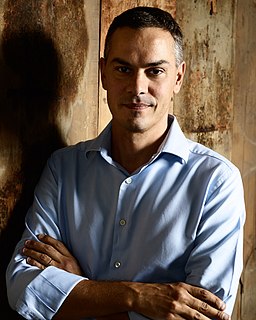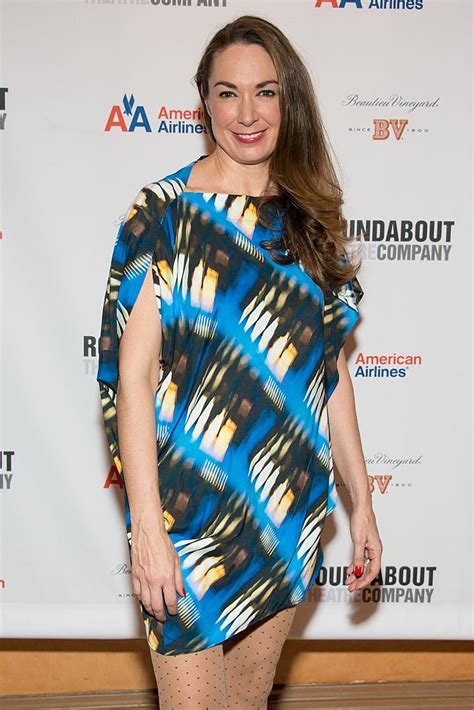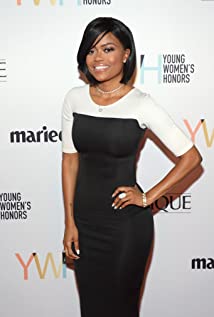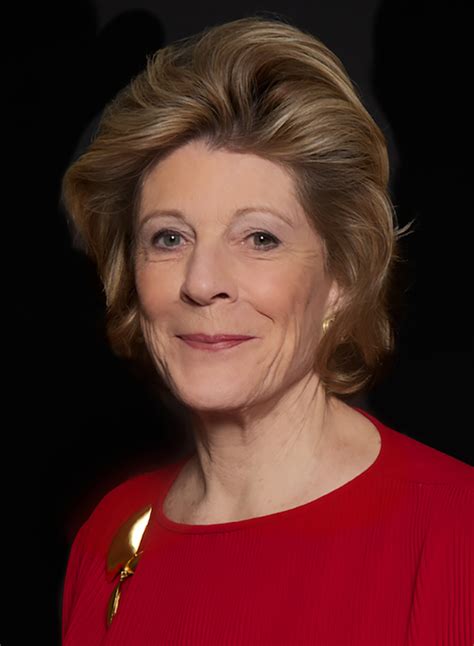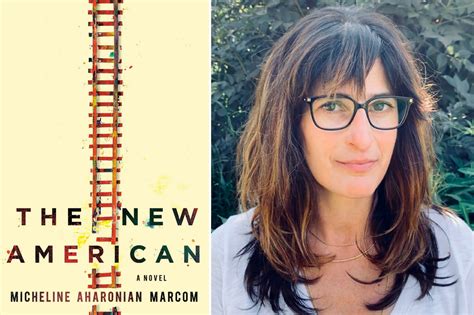A Quote by Massimiliano Gioni
You witness the artists acting as witnesses, but they provide a point of view that's less monolithic. It's less official in a certain way. Many artists are speaking in the first person singular, as a reaction to dubbed-over media commentary. The thought is: "Enough with how we're represented by the media. Let me tell the story."
Related Quotes
There are fewer media writers in traditional settings. That is a beat that many legacy brands cannot afford. On the other hand technology writers are writing about media in ways they didn't before. As a consequence of the shift, there is less interest in many ways in the activities at some media. If you look at coverage of media as whole, the decision-making at the three broadcast networks and the cable channels, for instance, is much less of a focus than it once was. The guts of what goes on at Fox or CNN or MSNBC probably has less impact than it once did. It certainly gets less attention.
Every story has a point of view and whether it's by what one chooses to include or exclude from a story or whether it's a very specific agenda that is pushed, there is no such thing as objective media. Once you realize that it's more than just a marketplace of ideas, it's a battleground of ideas that are suppressed and the ideas that are pushed forward in the mainstream media are the ones that independent media has a chance to address. I think that the democratization of media in that way can be very helpful in allowing the truth to come out in a way that it might not on CNN or FOX.
Let me say, it's - what a commentary it is on American media that you have to go to Russian television in order to get covered as a candidate in this election. It's pretty outrageous. And our media could solve that in a heartbeat if they actually opened it up, you know, but they don't. So I think that's more commentary on the crisis in our media.
When there is this giant narrative, when there is a singular story out there like there is right now about the Russians hacking the election so that Donald Trump would win - when the media is pumping it and the Democrats are quoting the media and the media's quoting the Democrats and it's just like a giant blanket thrown all over the country - don't believe the story. It's made up! It is a script. I call the daily soap opera.
The internet, like social media, seems to me to depend on how you use it, where you spend your time on it. I used to be quite anti-social media, but I can see now that it can be a good tool for artists, a way for us to speak to each other outside of standard economies and across languages and borders.
At some point, you realize you can't provide a perfectly monolithic description of a foreign culture's future any more than you can provide a monolithic description of your own hometown's future. Your choices about what to emphasize and what to leave out make all the difference, and ultimately, your fingerprints and biases and viewpoints are going to be all over the story.
I was on television a couple of years ago and the reporter asked me, "How does it feel being on mainstream media? It's not often poets get on mainstream media." I said, "Well I think you're the dominant media, the dominant culture, but you're not the mainstream media. The mainstream media is still the high culture of intellectuals: writers, readers, editors, librarians, professors, artists, art critics, poets, novelists, and people who think. They are the mainstream culture, even though you may be the dominant culture."
